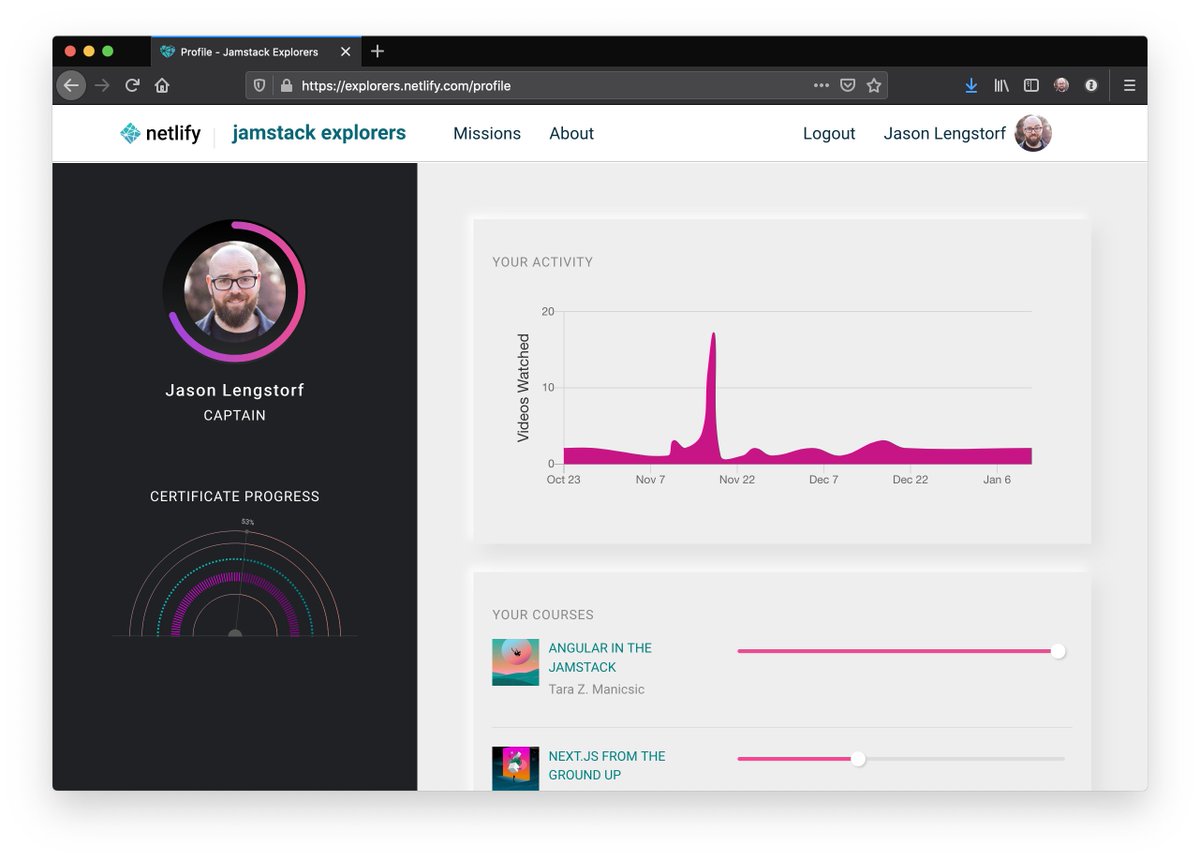2/ The government's last guidance to universities was issued on 3 February. It instructed HE providers not to offer any face-to-face teaching - outside exempt subjects such as medicine, dentistry and veterinary science - until at least 8 March.
https://t.co/ls5s7YXGJ4
3/ By the time the guidance was issued, 12 universities and colleges had already announced that they were keeping non-exempt teaching online until the end of this term or semester. Since then 3 more have done so, and another is keeping teaching online until at least 26 April.
5/ On Monday the government is expected to issue new guidance. Based on their past guidance documents, they may well say that HE providers can start offering face-to-face teaching to certain groups of students from 8 March, but to other groups not until later dates.
6/ But 'can' is not 'must'. The government will make universities and colleges take responsibility for deciding whether or not to offer face-to-face teaching once this is permitted.
7/ Here are 10 reasons, based on the physical and mental health of staff, students, and local communities, why universities should announce that they will keep *all* non-exempt teaching online for the rest of this term or semester, even where the government allows otherwise.
8/ 1st, new variants of SARS-CoV-2, such as the South African variant B.1.351, that are more transmissible, more virulent, and/or potentially more vaccine-resistant than the original are spreading across the UK.
https://t.co/7ThtFGfulW
9/ 2nd, the ONS estimates 21% of those who contract Covid-19 will develop symptoms that last for 5 weeks or longer, and 10% for 12 weeks or longer. An unknown proportion will suffer for months after that.
https://t.co/xBe0IM6uCz
10/ 3rd, in the autumn term at least 50,000 students contracted Covid-19:
https://t.co/TuPIKYu4AZ Even at the current rates of decline, national prevalence is likely to be at least as high mid-March as in mid-September:
https://t.co/KA5KJGjxNa
11/ 4th, therefore inviting students back risks another surge. As the 3 Feb guidance says, "the mass movement of students across the country poses a risk for the transmission of the virus - particularly because of the higher transmissibility of the new strain - between areas".
12/ 5th, even if the risk of infection is kept low in libraries and in lectures and seminars, infections will spread within overcrowded student accommodation, on public transport as students come to campuses for lectures and seminars, and in cafes on campus.
13/ 6th, public transport staff and university catering, administrative and teaching staff will all be put at greater risk of cross-infection. So, indirectly, will members of the local community who come into contact with any of these groups.
14/ 7th, if students are invited to return to universities in the period after 8 March they will be travelling in the middle of term, while teaching is continuing. This will be disruptive and stressful for both students and teaching staff.
15/ 8th, within three weeks after 8 March students will then return home for Easter in a second mass movement, risking a second wave of infections. If university terms or semesters continue after the Easter break, there will be third and fourth mass movements after Easter.
16/ 9th, international students will be largely unable to return, and will have to continue to learn online. So staff will have to either teach unsatisfactory 'hybrid' sessions, mixing f2f and online participants, or provide special online-only sessions alongside f2f sessions.
17/ 10th, the entire process will intensify the overwork and stress already being suffered by staff and students and risk, adding to the epidemic of mental ill health at universities.
https://t.co/XBImWWFXRe
18/ What more is needed to demonstrate that universities must keep teaching online for the rest of this term or semester?
@UniversitiesUK @USSEmployers @ucu
19/19 (Points for this thread have been taken from a letter sent by Sussex UCU Executive to members of the Sussex University senior management team on 12 February.)



























